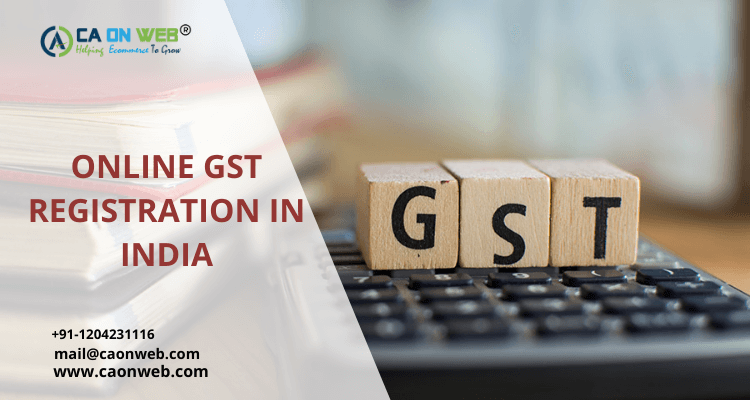Goods & services tax rolled out across India since 01st July, 2017. GST is a form indirect taxation method in India and which is a more simplified version of erstwhile Value added tax (VAT). Various features of GST that makes it more simplified & efficient to use are discussed in the article.
What is GST registration?
Tax which is applied on, sale & purchase of goods & services in any form whether physical or by electronic means attract a levy over and above the actual price of goods or service which is known as Goods & services tax. Goods & services tax is consumption based tax which is based on the ultimate location where the final goods or service is consumed. Right from manufacturing upto final consumption of goods or services, GST is levied at every single stage but only on the additional value which is added at every stage.
What is consumption based tax in real sense?
Consumption base tax here means that ‘the respective state taxation authority has the final jurisdiction over the place of consumption of goods & services, which is also termed as Place of Supply’.
📢 Related Blog: SHOP AND ESTABLISHMENTS REGISTRATION
Some of the important concepts in GST registration are?
- Reverse charge mechanism: The burden of liability to pay tax under Reverse charge mechanism is on the recipient except certain notified categories of supply of goods in which the burden lies on the supplier.
- Input tax credit: ITC is available only to those business entities which are covered under the GST act, which means if you are a manufacturer or supplier or trader/commerce operator etc. registered under GST can claim ITC under GST Registration process against their purchases in future.
- Composition scheme: under the composition scheme, small & medium size taxpayers can leverage the more simplified version of GST registration and pay GST at the predetermined time & at a fixed tax rate.
- E-way bill: E-way bill is an electronic invoice which is generated from the GST portal and is compulsory for moving consignment of goods having a value of more than INR 50,000.
- GSTIN: GSTIN which is abbreviated form of Goods & services Identification Number is a unique registration number that is issued to every registered taxpayer. GSTIN is a PAN based identification no. using which any GST registered taxpayer could file their periodic return.
FREQUENTLY ASKED QUESTIONS (FAQ’s)
Q.) Who is eligible for GST registration?
- Business whose turnover exceeds INR 40 lacs & INR 20 lacs for (special category states).
- Individuals who were registered under Excise, VAT, Service tax etc. prior to launch of GST.
- Entities registered under the Reverse Charge Mechanism
- E-commerce supplier of goods & services
- Input service provider or an agent which facilitates supply of goods.
Q.) What is the penalty of not paying GST?
- According to the GST registration act, 2017; there is a late fee charged for the delay in filing GST return whether annual or periodic.
- For all GST returns filed for the respective financial year, the penalty charged for:
- CGST: INR 100 per day
- SGST/IGST: INR 100 per day
- Total late fees to be charged: INR 200 per day
Note: Subject to maximum late fees of INR 5000
Note: If GST is not paid within the due date then interest is to be charged @18% p.a.
Q.) Why is GST registration important?
- Bundling of various indirect taxes such as VAT, Excise duty, service tax is removed with onset of GST registration in India.
- Rise in production of goods due to increase in supply of goods.
- Manufacturing cost reduced due to lower burden of taxes.
- Increase demand & consumption of goods.
- Controlling black money circulation in economy.
- Formalising of Indian economy at large.
- Simplification of indirect tax policy structure in India.
📢 Related Blog: HOW TO OPEN SMALL BUSINESS IN INDIA
Q.) When should you register for GST?
There is no specific time period mentioned in the GST registration act, but it is advisable to get GST registration before actually kick starting your business venture. As soon as you start purchase of raw material for your business, you will require GST Number (GSTN) to print final invoice.
POPULAR ARTICLES
Related Blog: Annual Return under GST (Form GSTR-9)
Related Blog: Composition scheme under GST
Related Blog: A Brief explanation about Integrated Goods and Service Tax

Chartered Accountant by profession, CA Sakshi Agarwal has an experience of above11 years in Cross Border compliance , Import Export , International Taxation & is a passionate content creator.
